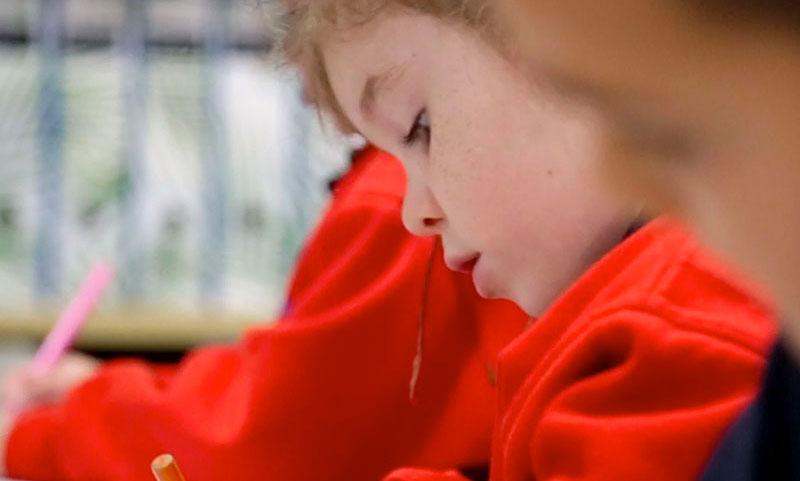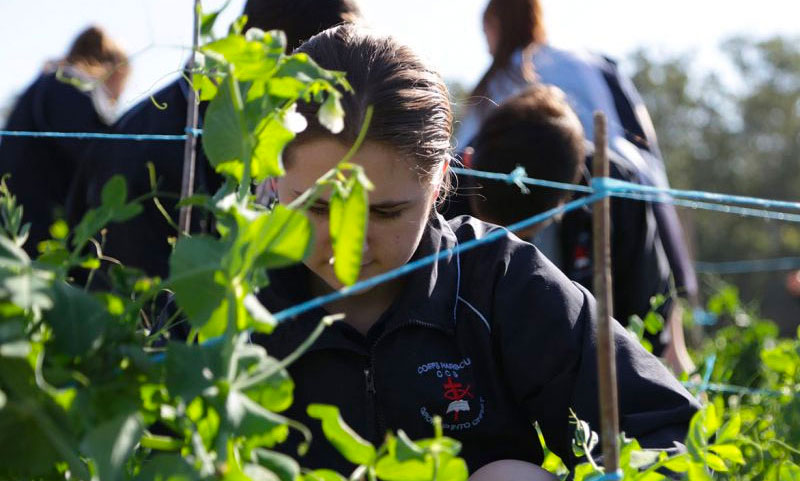Commerce
Commerce provides for a range of learning styles and experiences that suit the interests and needs of all students.
Commerce enables young people to develop the knowledge, understanding, skills and values that form the foundation on which they can make sound decisions about consumer, financial, legal, business and employment issues in the future.
Central to the course is the development of an understanding of the relationships between consumers, businesses and governments in the overall economy. Through their investigation of these relationships, students develop the capacity to apply problem-solving strategies which incorporate the skills of analysis and evaluation. Students engage in the learning process which promotes critical thinking, reflective learning and the opportunity to participate in the community.
NESA requirement



More About Commerce
Students will learn about
Students will learn to
- Develop a greater competence in problem-solving and decision-making by evaluating the range of consumer, financial, business, legal and employment strategies.
- Develop attitudes and values that promote ethical behaviour and social responsibility and a commitment to contribute to a more just and equitable society.
- Develop research and communication skills, including the use of ICT, that build on the skills they have developed in their mandatory courses.
Course Core components
- Consumer Choice and Personal Finance: learning about making responsible spending, saving, borrowing and investment decisions as part of personal financial management and the development of consumer and financial literacy.
- Law and Society and Employment Issues: in which they will develop an understanding of their legal rights and responsibilities and how laws affect individuals and regulate society. They also learn about commercial and legal aspects relating to employment issues, and their rights and responsibilities at work.
Students will also study optional topics selected from:
Investing; Promoting and Selling; E-Commerce; Global Links; Towards Independence; Political Involvement; Travel; Law in Action; Our Economy; Community Participation; Running a Business; and a School-developed option.
Got a Question?
Fill out the form below and we will be in touch.




